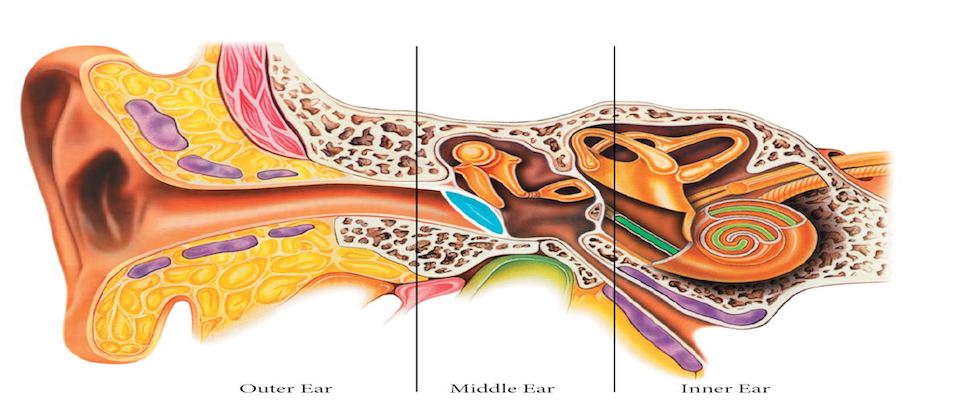Definition: Tinnitus is the sensation of hearing noise in the ears in the absence of external sound. This noise varies from person to person and can include ringing, buzzing, hissing, clicking, roaring, chirping or whistling. Tinnitus can be heard in one or both ears, or in the head. It can be constant or intermittent and can vary in loudness. Generally, the noise is more noticeable in quiet places such as at night when we go to bed.
Effects: In most people tinnitus causes little or no annoyance. However, in some severe cases, it can negatively affect quality of life by causing difficulty concentrating and sleeping.
Facts: Tinnitus is very common and can occur at any age. For most people it is temporary, lasting only a few seconds. In Canada, as many as one in ten people have persistent tinnitus that is mild and somewhat bothersome. One in a hundred people have severe tinnitus that affects their quality of life.
Diagnosis: It involves a comprehensive medical examination and an assessment by a qualified audiologist.
Causes: Tinnitus is not a disease in itself but rather the symptom of a disease or condition. Two leading causes are exposure to loud noise and hearing loss. It is estimated that 80 percent of people with tinnitus have some degree of hearing loss. Other causes include wax build-up, ear infections, hypertension (high blood pressure), diabetes, allergies, head injury, as well as some types of medication. The exact mechanism that causes tinnitus is not completely understood.


















